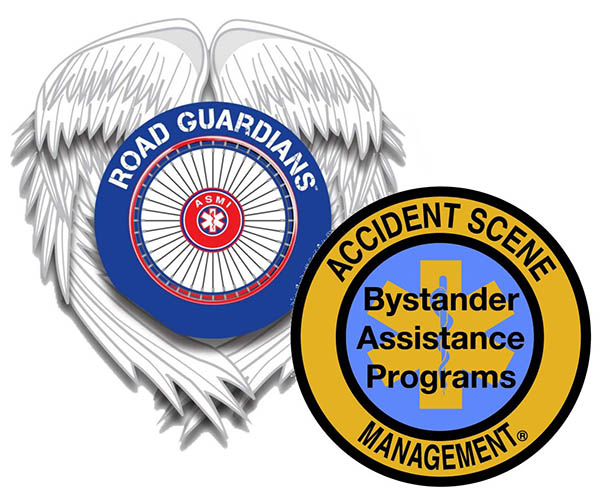Accident Scene Management / Road Guardians
Login |
(262) 706-3278
0
You have 0 items in your cart
613.17 Emergency assistance in an accident.
1. A person, who in good faith renders emergency care or assistance without compensation, shall not be liable for any civil damages for acts or omissions occurring at the place of an emergency or accident or while the person is in transit to or from the emergency or accident or while the person is at or being moved to or from an emergency shelter unless such acts or omissions constitute recklessness or willful and wanton misconduct. An emergency includes but is not limited to a disaster as defined in section 29C.2 or the period of time immediately following a disaster for which the governor has issued a proclamation of a disaster emergency pursuant to section 29C.6. a.
Automatic External Defibrillator:
A.C. 641
The purpose of this rule is to allow nonemergency response agencies, public or private, to train their employees or associates in the use of AEDs and to provide AED coverage when appropriately trained personnel are available. This rule is intended to enhance and supplement the local EMS system with nontraditional early defibrillation groups/agencies.
Authority of public access defibrillation provider. Public access defibrillation providers may perform those skills identified in the public access defibrillation provider curriculum approved by the department, as part of an authorized PAD service program.
Public access defibrillation provider-training requirements. Individuals seeking certification as a public access defibrillation provider shall:
